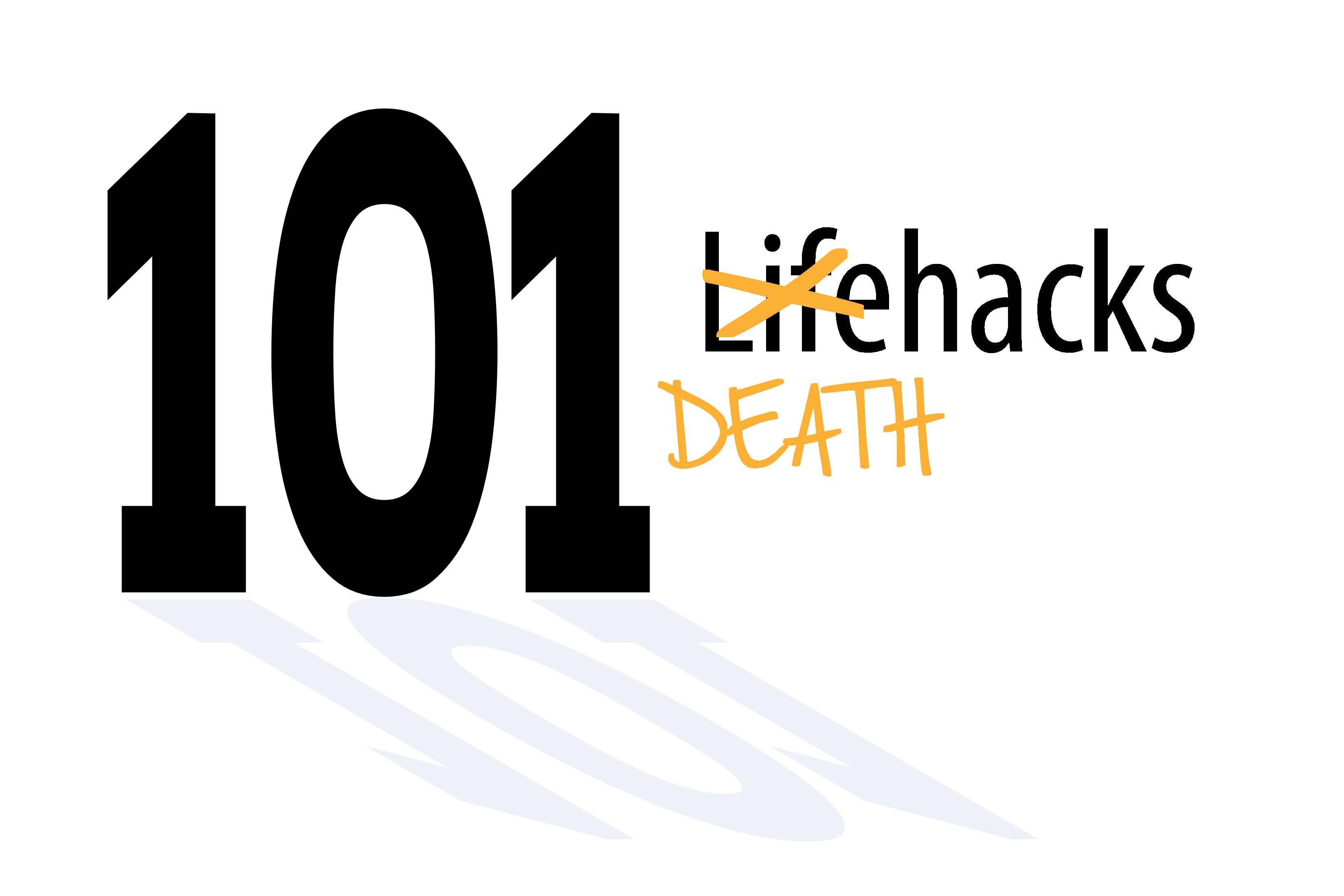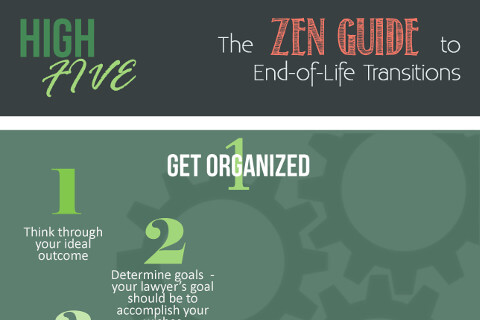Lawyers are among the most reviled service professionals in American culture. We’re so disliked that even lawyers don’t have a lot of friends who are lawyers. I mean, who doesn’t love a good lawyer joke? Q: What’s the difference between a good lawyer and a bad lawyer? A: A bad lawyer makes your case drag on for years. A good … Read More
Watch Your Language: Trust
One of the most common questions I hear during our Mutual Interviews is, “Do I need a trust?” And the typical lawyer answer is, “It depends.” In order to answer that question, we need to start by defining what a trust actually is. [Read More]
Watch Your Language: Asset
In the Medicaid world, the term “asset” is used when discussing Medicaid’s transfer penalty rules. As a result, “asset” includes both income and resources. [Read More]
Watch Your Language: Lookback Period
If you’ve heard anything about Medicaid, you’ve probably heard about the lookback period. In Iowa, the lookback period is the period of time starting with the day you apply for Medicaid and extending back through time for sixty months. We break that definition down after the jump. [Read More]
I Digress: Estate Planning Includes Creating Your Legacy
One of the most overlooked aspects of estate planning is the opportunity to create your legacy. Believe it or not, creating a legacy isn’t all about having Northwest Iowa libraries and hospitals named after you. Instead, there are some more cost-efficient, yet great ways that you can help your family remember your values and beliefs. [Read More]
101 Death Hacks: A Cheat Sheet for Arranging Your Affairs Before You Die – 1-20 [Part One]
Everyone loves ‘hacks’. From party hacks to Halloween costume hacks to garage organization hacks, if you want to simplify a project or task you can do a quick Google search or pay a visit to the Lifehacker website to find ways to effectively shortcut a complicated job. Why should that be any different for estate planning? Well, a DIY will is probably going to create more problems than it solves, but you can still simplify the estate planning process. Check out this first post in our five-part series to learn how. [Read More]
High Five: The Zen Guide to End-of-Life Transitions
We’ve been talking this month about the Zen of planning for end-of-life transitions, but even the five step approach we’ve been talking about can seem intimidating, especially when you’re reading words on a page (or screen). So we’ve simplified things even more with our infographic: the Zen Guide to End-of-Life Transitions. [Read More]
High Five: The Zen Guide to Probate
Life is full of transitions, and the end of someone’s life can be the most significant transition of all. Amidst the emotional challenges that come with laying a loved one to rest, it can be intimidating to discover that you’ve been designated as the executor of your loved one’s estate. Then you find out you are a fiduciary and the heavy responsibility that imposes, and suddenly you’re feeling like a fish out of water. [Read More]
High Five: The Zen Guide to Planning for a Nursing Home Stay
If you’re dealing with a nursing home, it will quickly become clear that the options for paying the care bill are dizzying. Paying out of pocket is cost prohibitive. Long-term care insurance is probably not workable. For many, that leaves Medicaid, but those rules are spread over hundreds of pages of federal and state statutes, regulations, and policy manuals. What you need is an oasis from the stress, not the exponentially increasing stress that comes from trying to make sense of all those rules. Don’t despair. You can achieve calm in this whirlwind. Follow these five steps and you’ll soon find that the zen of nursing home planning is easily reached. [Read More]
- Page 1 of 2
- 1
- 2








